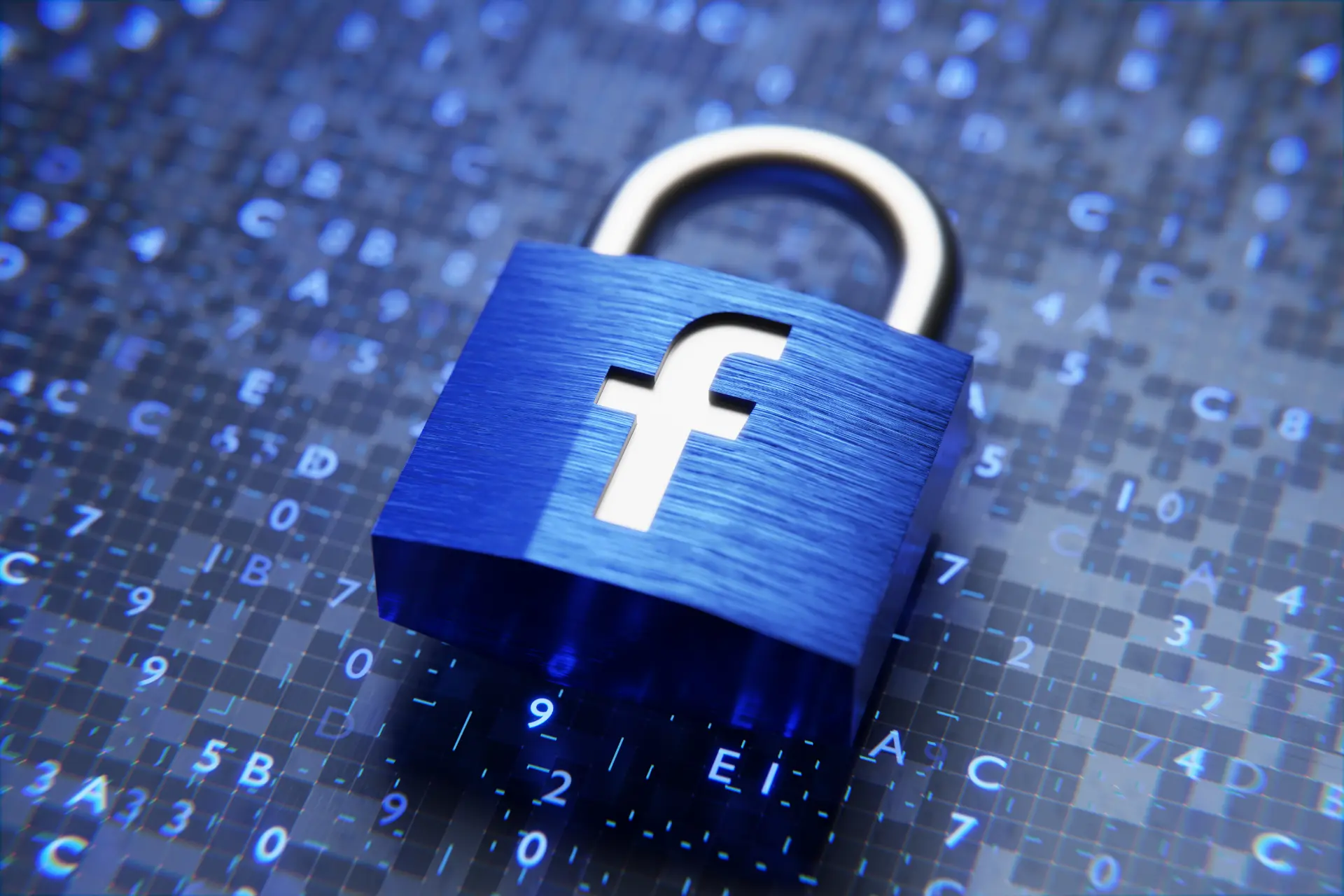Table of contents
- How a Facebook phishing attack works
- How to protect your Facebook account
- What to do if you have been a victim of Facebook phishing
Facebook phishing is a fraudulent technique aimed at stealing personal data, such as usernames, passwords, or other sensitive information.
This type of attack exploits the trust users place in the social network to deceive them. Typically, the attempt manifests through messages or emails that appear to come from Facebook’s official support team but are actually sent by cybercriminals.
These messages may contain links leading to fraudulent pages that resemble Facebook’s official login page, where users are prompted to enter their credentials.
Clicking on the wrong link can lead to account compromise, allowing attackers to gain access or use the account for further phishing campaigns.
The phenomenon of Facebook email phishing is more common than many realize.
One frequent result for users is ending up with a blocked Facebook account due to phishing.
Facebook help center offers a dedicated page specifically aimed at protecting users from phishing on its platform.
How a Facebook phishing attack works
A classic Facebook phishing attack unfolds in several steps. Cybercriminals send a communication that mimics an official email or message.
Example
You might receive a notification stating that your Facebook account has been blocked due to phishing. This message includes a link that, when clicked, leads to a page that looks authentic.
Once you enter the requested data, the cybercriminals gain full access to your account. From there, they can:
- Steal additional personal data
- Spread phishing to your contacts
- Change security settings to maintain control of the profile
Another common method of Facebook phishing involves third-party apps or websites that promise benefits, such as free followers or exclusive features. It’s crucial not to trust unknown senders or offers that seem too good to be true.

How to protect your Facebook account
Protecting your account requires mindful actions and the adoption of security measures.
First and foremost, it’s important to know that Facebook will never ask for your username or password via email or messages. If you suspect your account has been targeted by a phishing attempt, act immediately.
Enable two-factor authentication, which provides an additional layer of security. This system requires a second verification code, sent to your phone, to access your account.
It is one of the most effective techniques to prevent your Facebook account from being compromised.
Always check the source of communications. An official email will always come from a verified domain, such as “@facebook.com.” If you receive suspicious messages, do not click on the links, but access your account directly from Facebook’s official website.
What to do if you have been a victim of Facebook phishing
If you believe your account has been compromised, immediately change your password and check your security settings. Report the issue to Facebook’s help center, available directly on the social network.
Run an antivirus scan on your device to remove any installed malware. Additionally, inform your contacts so they can be aware and vigilant about potential fraudulent messages sent through your account.
It’s essential to remain attentive to signs of a possible phishing attempt, such as:
- Unknown senders or unsolicited emails
- Urgent requests for immediate action
- Grammatical errors or translation mistakes in messages
Staying informed and adopting a first line of defense based on awareness is the best way to protect your account.
Questions and answers
- What is Facebook phishing?
Facebook phishing is a cyber attack aimed at stealing credentials and sensitive information through deceptive messages or emails. - How can I recognize a phishing email on Facebook?
A phishing email often comes from unknown senders, includes suspicious links, and contains urgent requests for personal data. - Will Facebook ever ask for my password via email?
No, Facebook will never request your password or other sensitive information through email or messages. - How can I prevent my account from being compromised?
Activate two-factor authentication, verify senders, and avoid clicking on suspicious links. - What should I do if I suspect a phishing attempt?
Do not interact with the message, report the content to Facebook, and immediately change your password. - What are the signs of a phishing attempt?
Common indicators include grammatical errors, requests for sensitive data, and links leading to unofficial pages. - How do I activate two-factor authentication on Facebook?
Go to your account settings, select “Security,” and follow the instructions to enable two-factor authentication. - What should I do if my account has been compromised?
Change your password, review your security settings, and report the incident to Facebook’s Help Center. - Is it safe to use third-party apps on Facebook?
Use only verified apps and read reviews to avoid fraudulent apps that could steal your credentials. - How can I protect my contacts from further attacks?
Notify them immediately if your account is compromised and advise them to ignore suspicious messages sent from your profile.
